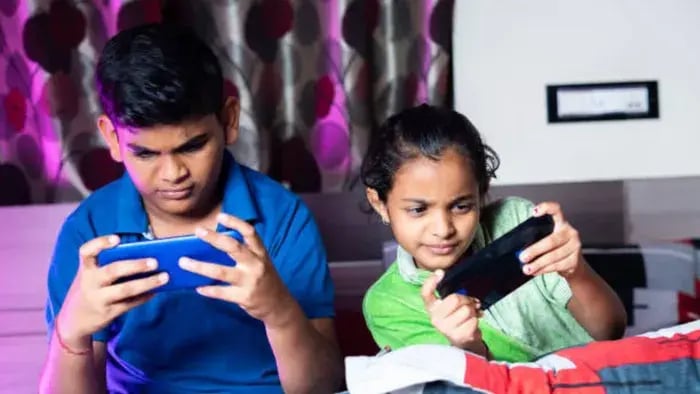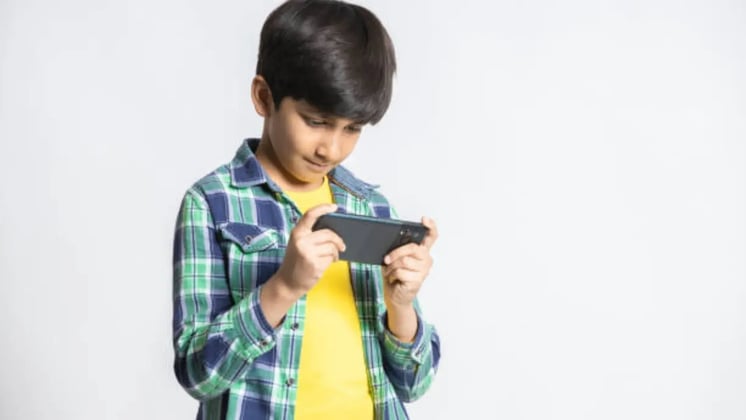- Boosts Connection but Can Cause Comparison
- Encourages Creativity and Expression
- Provides Support Networks but Also Risks Isolation
- Increases Awareness but Overloads the Mind
- Builds Confidence but May Trigger Anxiety
- Offers Entertainment but Affects Sleep and Focus
- Encourages Awareness of Mental Health but Raises Screen Dependency
Introduction
Social media has become an integral part of teenagers’ lives, shaping how they communicate, express themselves, and even how they perceive the world. Platforms filled with photos, videos, and updates keep them connected and entertained, but they also bring challenges that directly affect mental health. The impact is not always negative or positive, it often depends on how much time is spent online, as well as when and how.

For many teens, social media provides a sense of belonging, creativity, and exposure to new ideas. It allows them to share their thoughts, stay updated with friends, and explore communities that match their interests. At the same time, it can also create pressure to look or live a certain way, leading to stress, comparison, or feelings of inadequacy. Endless scrolling, lack of sleep, and online bullying add further layers that can influence emotional well-being.
The real impact lies in balance, with mindful use, social media can be a space of learning, support, and inspiration. Without it, the same platforms can become overwhelming and distracting. Teenagers, with the right guidance, can learn to enjoy the benefits while avoiding the risks. Building awareness about both sides of social media is the first step toward ensuring it supports mental health instead of harming it.
7 Ways Social Media Influences Teen Mental Health

Social media is deeply woven into the daily lives of teenagers, shaping how they communicate, express themselves, and even how they view the world. For many, it is a place of connection and entertainment, while for others, it can become a source of pressure and stress. The impact on mental health depends largely on how it is used, how much time is spent online, and what kind of content is consumed.
The reality is that social media brings both benefits and challenges. It offers creativity, learning, and connection, yet it can also trigger comparison, anxiety, and isolation. Understanding these effects helps teenagers and parents find healthier ways to approach it.
Boosts Connection but Can Cause Comparison
According to the study published in World J Clin Pediatr In 2024, social media allows teens to interact with friends, share experiences, and feel part of a community. At the same time, constant exposure to polished pictures or achievements can create unrealistic comparisons, leaving some teens feeling left out or inadequate.
Encourages Creativity and Expression
As per the study published in the Indian J Psychiatry in 2024, Apps with video-making, art, or writing features allow teenagers to express themselves and build confidence. However, the pressure to gain likes or validation may sometimes overshadow the joy of sharing their creativity.
Provides Support Networks but Also Risks Isolation
According to UNICEF, supportive communities help teenagers who may feel misunderstood in their surroundings. Yet excessive online engagement can reduce in-person interaction, leading to loneliness or weaker family connections.
Increases Awareness but Overloads the Mind
Research conducted by, Indian J Psychiatry in 2025 highlights that teens can learn about global issues, education, and opportunities through social media. At the same time, too much exposure to news or opinions can cause stress, confusion, and information fatigue.
Builds Confidence but May Trigger Anxiety
A study conducted by Bioinformation. 2023 shows that positive feedback, comments, and recognition can build self-confidence in teens. But negative comments, trolling, or even silence on their posts may trigger anxiety and reduce self-worth.
Offers Entertainment but Affects Sleep and Focus
Scrolling late at night or spending hours on entertainment leaves little time for rest. A study published in Brain Sci. 2023 shows that sleep loss affects focus, mood, and overall health. Balanced use helps teens enjoy fun content without disturbing their daily schedule.
Encourages Awareness of Mental Health but Raises Screen Dependency
Campaigns and influencers often talk openly about mental health, encouraging teens to seek help and normalize discussions. Still, according to the study published in JMIR Res Protoc in 2024, depending heavily on screens for comfort or distraction can increase dependency and reduce resilience in real-life situations.
Conclusion

Social media itself is neither entirely harmful nor entirely helpful, it is the way it is used that shapes its impact. Teenagers can enjoy the benefits of creativity, connection, and awareness when their usage is balanced with offline activities, healthy routines, and family support. By making mindful choices, they can turn social media into a tool that uplifts rather than overwhelms, protecting their mental health while still enjoying the digital world.
Her love for storytelling began with reading her grandfather’s speeches, where Tarishi saw the power of words in creating lasting memories. Combining her passions for food and writing, she has turned her life into a fulfilling path of sharing stories that celebrate flavours and how food brings communities together.
The views expressed are that of the expert alone.
The information provided in this content is for informational purposes only and should not be considered a substitute for professional medical advice, diagnosis, or treatment. Always seek the advice of your physician or another qualified healthcare provider before making any significant changes to your diet, exercise, or medication routines. This is a sponsored article.
References
https://pmc.ncbi.nlm.nih.gov/articles/PMC11289573/
https://pmc.ncbi.nlm.nih.gov/articles/PMC10136689/
https://pmc.ncbi.nlm.nih.gov/articles/PMC10692985/
https://pmc.ncbi.nlm.nih.gov/articles/PMC11964175/
















